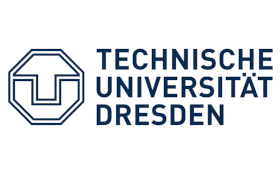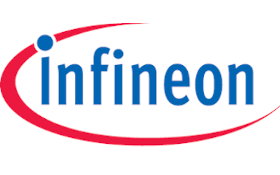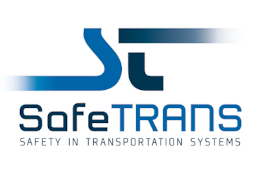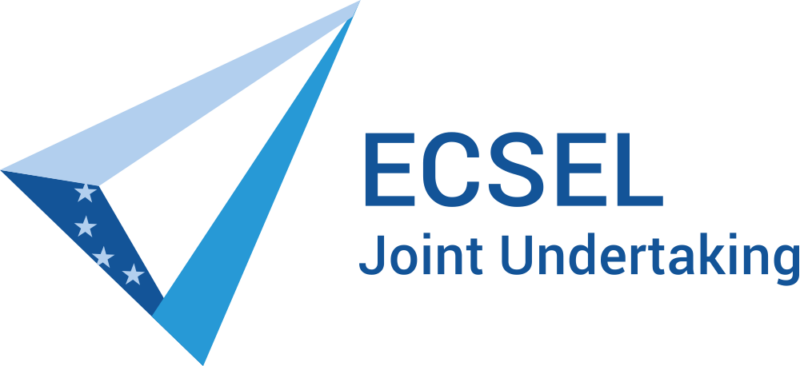
TU Dresden focuses on analysis and assessment of residual risk for highly automated vehicles
TU Dresden, founded in 1828, is one of eleven German Universities of Excellence since June 2012. With two Clusters of Excellence, one Graduate School and the Institutional Strategy this distinction confirms the potential of Germany's largest technical university. But it is also an incentive and a guiding principle to stay and become even more "excellent".
TU Dresden, one of the oldest and largest technical universities in Germany. In Architect ECA2030 it is represented by the Chair of Function-integrative Lightweight Engineering (Prof. Niels Modler) as part of the Institute of Lightweight Engineering and Polymer Technology (ILK).
The ILK has been working on the field of “function integrated lightweight system engineering in multi-material design” for 25 years. It follows an approach spanning products and materials along the entire value chain: material design – engineering and simulation – production process – prototype tests – quality assurance. By means of numerous projects on different research levels: fundamental research, application-oriented and purely industrial, the know-how of the ILK is constantly growing.
With an actual interdisciplinary team of 250 employees and an exceptional machine outfit, the ILK offers the know-how and equipment to offer series-production capable intelligent lightweight products and complex test scenarios from one source. Thus, the ILK is one of Europe’s leading academic institutes with respect to e-mobility.
The ILK will work on two key aspects within the framework of the Architect ECA2030 project. On the one hand, there are the safety aspects associated with the inductive charging of highly and fully automated vehicles; on the other hand, there are the safety aspects associated with the electric power train.
As part of the Architect ECA2030 project, the ILK plans to examine and assess the residual risk that remains despite the use of sensors or sensor principles, which can be used to detect metallic objects in the effective range of magnetic fields. This residual risk is due to the wide range of possible foreign objects, the high energy in the magnetic field and the possibly adverse environmental conditions such as dirt, leaves, moisture or a coating of ice and snow. The protection of living beings is no less challenging. Here it is also necessary to analyze the residual risk of the systems under all possible aspects and to propose suitable sensor systems to ensure the protection of living beings.
The second working focus of the ILK is the electric drive. The monitoring of the drive serves to maintain the safety of the vehicle, the planning of necessary maintenance work and thereby the reduction of failures during the use of the vehicle. This is intended to reduce the residual risk during operation and at the same time increase the end-user acceptance.







